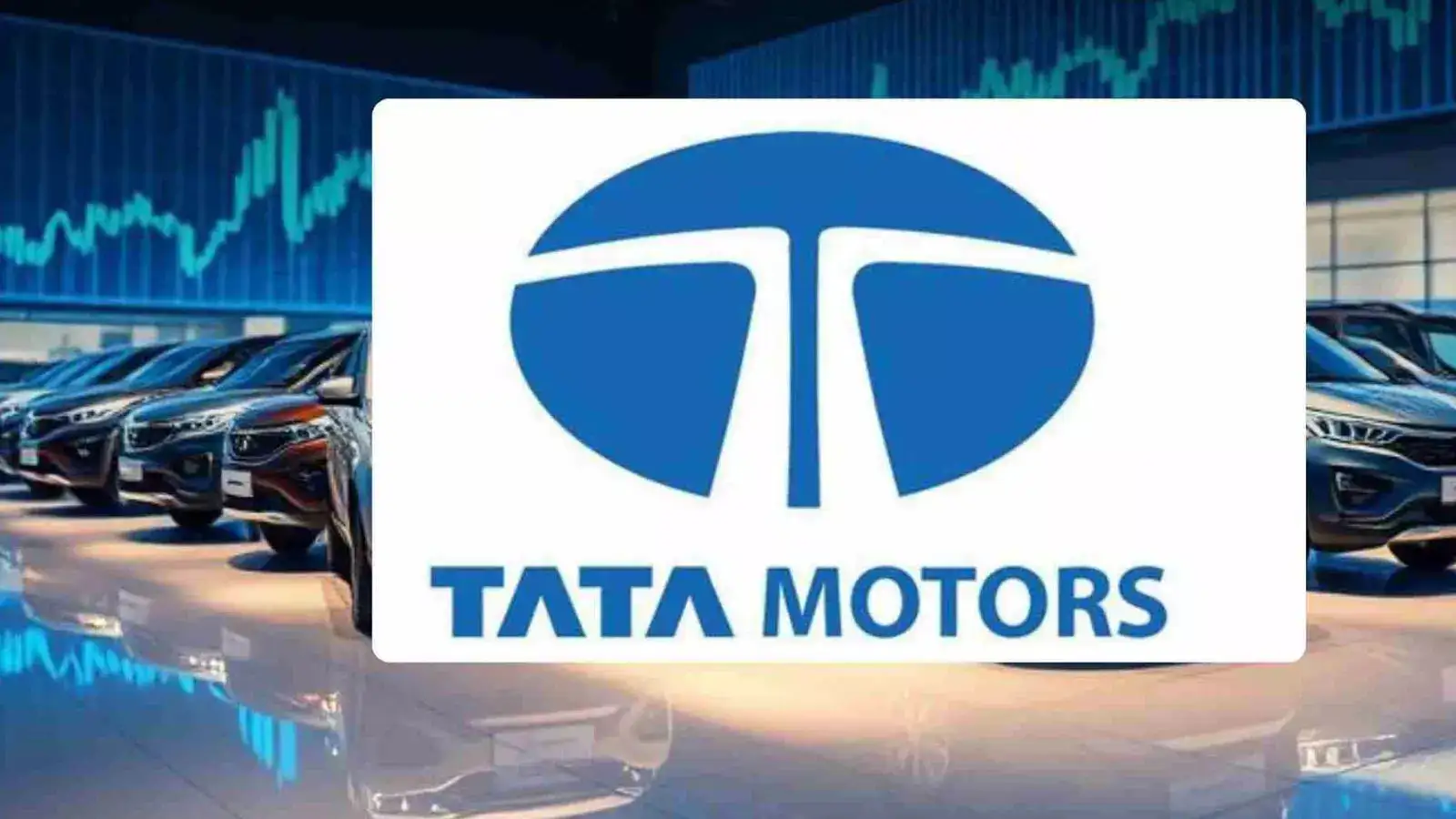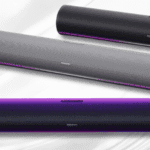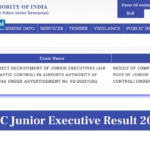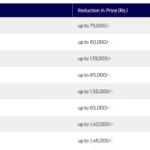In a major development that could change the dynamics of the global commercial vehicle (CV) industry, Tata Motors is reportedly in advanced discussions to acquire Iveco, a prominent Italian truck and bus manufacturer, in a deal valued at $4.5 billion. If finalized, this would mark one of Tata Group’s most ambitious global acquisitions and a bold step toward consolidating its position in the global heavy vehicle segment.
While the deal is still under negotiation, it has already generated intense interest across both the Indian and international automotive sectors. Here’s an in-depth look into the potential acquisition, why it matters, and what it could mean for Tata Motors and the global market.
🏭 Who Is Iveco?
Iveco Group N.V., headquartered in Turin, Italy, is one of Europe’s most recognized names in the commercial vehicle industry. The company manufactures:
- Trucks (light, medium, and heavy-duty)
- Buses and coaches
- Special-purpose vehicles (military, firefighting, off-road)
- Engines and transmissions via its powertrain division FPT Industrial
Iveco operates in over 160 countries with a workforce of nearly 34,000 employees and manufacturing facilities spread across Europe, Latin America, and Asia. It generated revenues of approximately €14 billion (INR 1.25 lakh crore) in 2024.
The company was formerly part of CNH Industrial but was spun off into an independent entity in 2022. Its majority stakeholder, the Agnelli family’s Exor group, also owns Ferrari, Juventus FC, and other high-value European businesses.
🚛 Why Is Tata Motors Interested?
Tata Motors is India’s largest commercial vehicle maker with a dominant market share in trucks and buses. However, its international CV footprint is still relatively small, especially in Europe and Latin America. The acquisition of Iveco offers several strategic benefits:
1. Global Expansion
This acquisition would immediately provide Tata Motors with a strong foothold in Europe and Latin America, both key markets for heavy-duty and specialty vehicles.
2. Access to Technology
Iveco brings advanced emission-compliant engines, hydrogen fuel cell technology, and electric trucks (like the Iveco eDaily and Nikola Tre collaboration). These innovations align with Tata Motors’ vision of green mobility and next-gen CVs.
3. Synergies in R&D and Manufacturing
Combining Tata’s scale in India and Iveco’s engineering in Europe could lead to cost savings, shared platforms, and localized manufacturing for exports.
4. Diversification of Revenue
Currently, Tata Motors is heavily dependent on the Indian market and Jaguar Land Rover (JLR) in the UK. Iveco offers a third revenue stream that is resilient and less cyclical than the passenger vehicle business.
💸 Deal Details (What We Know So Far)
As per media reports, Tata Motors is in exclusive negotiations with Exor for a full buyout of Iveco. The estimated deal size is $4.5 billion (₹37,500 crore), making it Tata’s second-largest acquisition ever, after the 2007 Corus Steel deal worth $12 billion.
The financing could be a combination of:
- Tata Motors’ cash reserves
- Debt financing
- Possible backing from Tata Sons
If completed, the deal will likely go through a regulatory and shareholder approval process in both India and the European Union.
🌍 How This Affects the Global CV Landscape
If Tata Motors successfully acquires Iveco, it would signal a massive shift in the global truck and bus industry, currently dominated by companies like Daimler, Volvo, PACCAR, Scania, and MAN.
The merged Tata-Iveco entity would boast:
- Combined sales exceeding $20 billion annually
- Presence across Asia, Europe, and Latin America
- Capabilities in electric, hydrogen, and diesel CVs
- Expanded manufacturing and R&D across multiple continents
This could give the new entity the scale, diversification, and technological edge to compete with global leaders in the green commercial vehicle space.
🇮🇳 What It Means for India
1. Indian Global Leadership
This deal would establish Tata Motors as one of the very few Indian companies to own and operate a major European automaker, in addition to JLR.
2. Boost to ‘Make in India’
Tata could bring Iveco’s platforms to India for local manufacturing, reducing costs and boosting exports from India.
3. Employment and Skill Development
Tata is likely to invest in joint engineering programs, talent exchange, and skilling of Indian engineers in European factories—adding value to the Indian auto ecosystem.
⚙️ Opportunities & Challenges
✅ Opportunities:
- Market Synergies: Tata dominates India; Iveco is strong in Europe & South America.
- Electric Vehicle Growth: Tata can leverage Iveco’s EV tech for faster adoption in India.
- Cost Optimization: Shared procurement and R&D can improve margins.
❌ Challenges:
- Cultural Integration: Integrating two very different work cultures across continents may pose initial roadblocks.
- Debt Load: The acquisition might put temporary pressure on Tata Motors’ balance sheet.
- Regulatory Approval: European regulators are stringent on foreign acquisitions, especially in strategic sectors.
🧠 Expert Opinions
Industry experts have largely viewed this potential deal positively:
- Rakesh Batra, auto analyst, EY India:
“This deal gives Tata an unmatched entry into global CV markets while de-risking its exposure from the Indian economy.” - Andrea Fioravanti, EU auto columnist:
“Tata’s entry can bring fresh capital and efficiency to Iveco, which has struggled to compete with giants like Volvo and Daimler.” - Brokerage View: Several Indian brokerages have upgraded Tata Motors stock outlook, projecting long-term growth if the deal materializes.
📉 Impact on Tata Motors Stock
Following the news, Tata Motors shares witnessed a mild dip initially due to concerns over funding and integration risks. However, analysts expect a long-term upside once the deal is finalized and synergies kick in.
Moreover, Tata Motors’ strong recovery in the EV and JLR segments makes it better positioned than ever to take on such a global-scale acquisition.
🔚 Conclusion
The Tata-Iveco deal, if completed, will not just be another acquisition—it will be a strategic move that redefines the future of commercial vehicles, puts Tata Motors on the global CV map, and positions India as a major player in next-gen automotive manufacturing.
With a legacy of executing bold, forward-looking deals (from Corus to JLR), Tata is again making a statement: Indian companies are ready to lead, not just follow, in the global industrial arena.
Whether this deal becomes a historic success or a cautionary tale depends on execution, integration, and vision—but the boldness of the attempt itself is undeniable.










